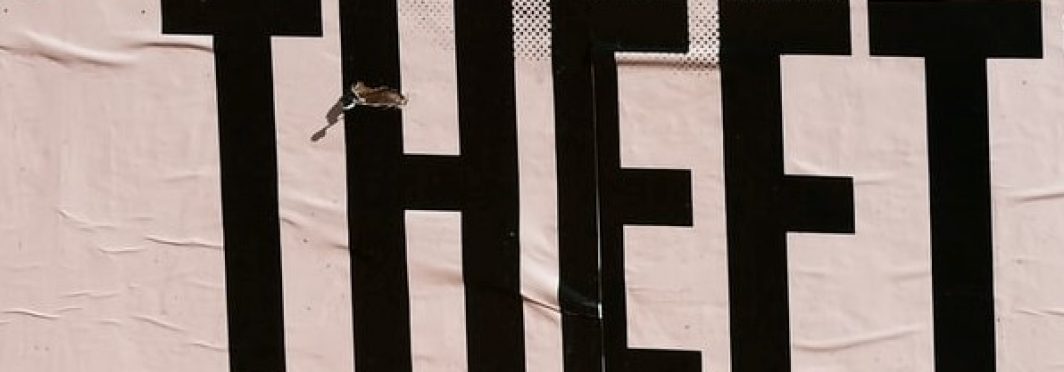When it comes to plagiarizing, “I didn’t mean to” is not a defense. So you need to make sure you take all precautions in order to avoid unintentionally pilfering somebody else’s verbiage. That’s easier said than done.
By definition, working on a research-based book requires wrestling with a ton of material. If you don’t create a system right off the bat to differentiate between original content and material you cut and pasted, you’re asking for trouble.
I learned how easy it can be to unintentionally plagiarize while collaborating on a nonfiction book. My co-author routinely fed me her notes, which, when appropriate, I just plunked into the working manuscript. Fortunately, I copied part of one of those passages into Google when attempting to further research a point she had made. To my horror, the exact wording showed up, attached to another writer’s byline.
My co-author had never intended to claim the words as her own. But since the passage she had copied and pasted lacked an attribution and looked like all the rest of her notes, I had no way of knowing that they had been written by someone else. And frankly, by the time I questioned her, she didn’t remember whether the language was hers or not.
It took a lot of hours to finally ascertain that no other unintentional plagiarizing had occurred. So trust me when I tell you that creating a system for yourself that clearly identifies someone else’s research is essential. Besides recording the source, take the time to note any other related information. When it comes time to fact-check or footnote your work, you’ll be grateful.



Sorry, comments are closed for this post.